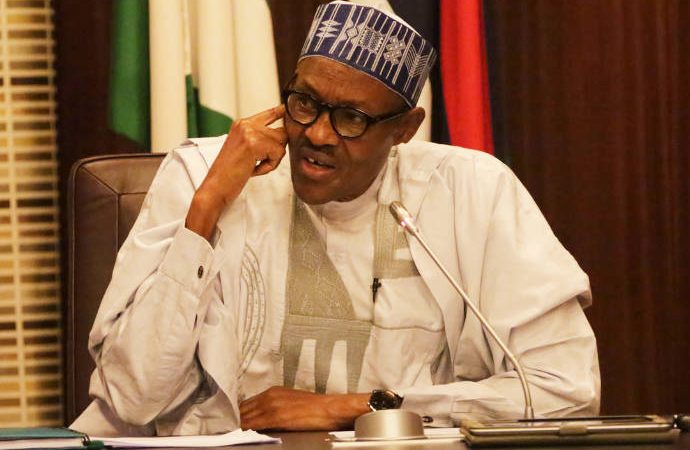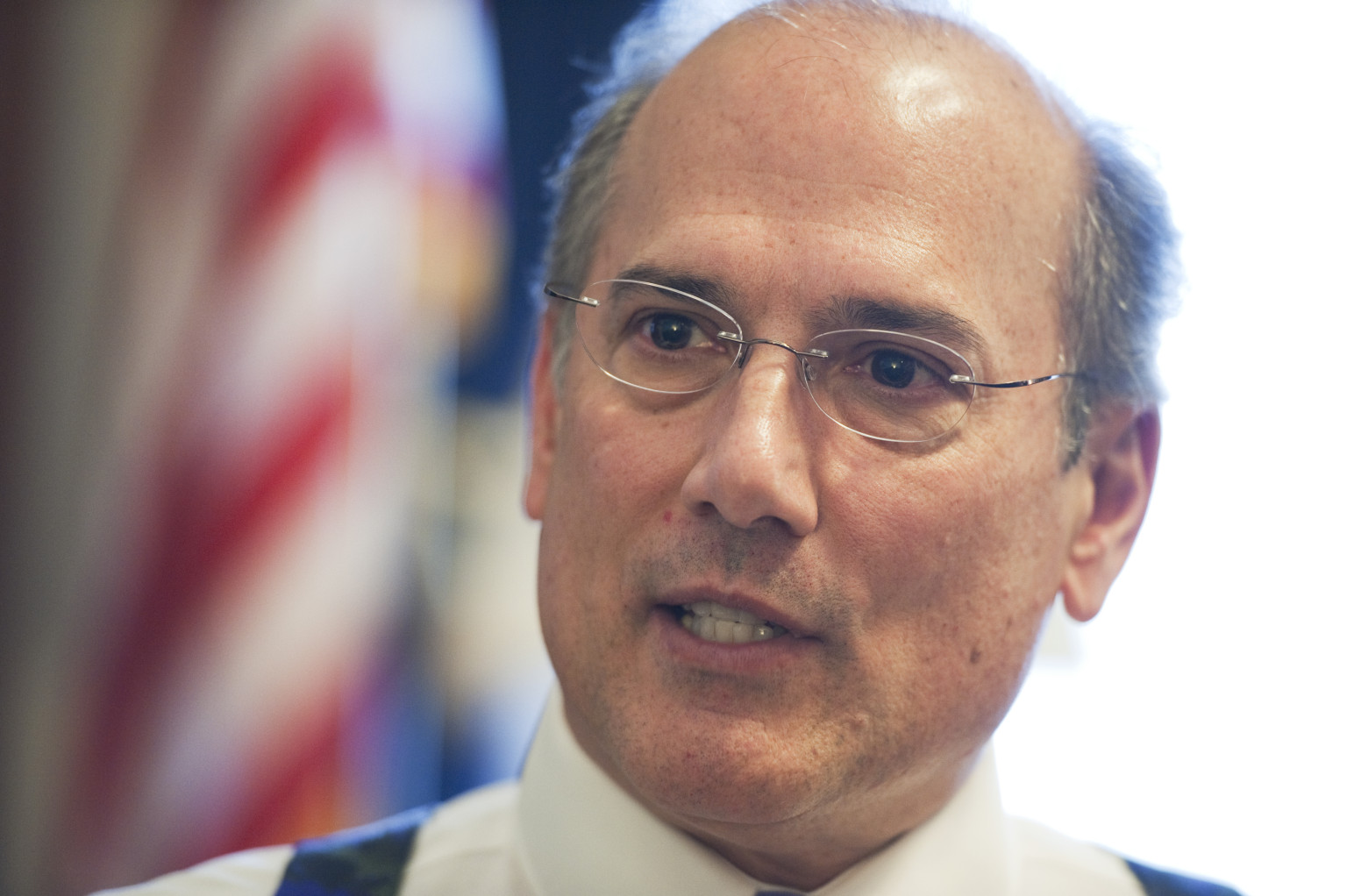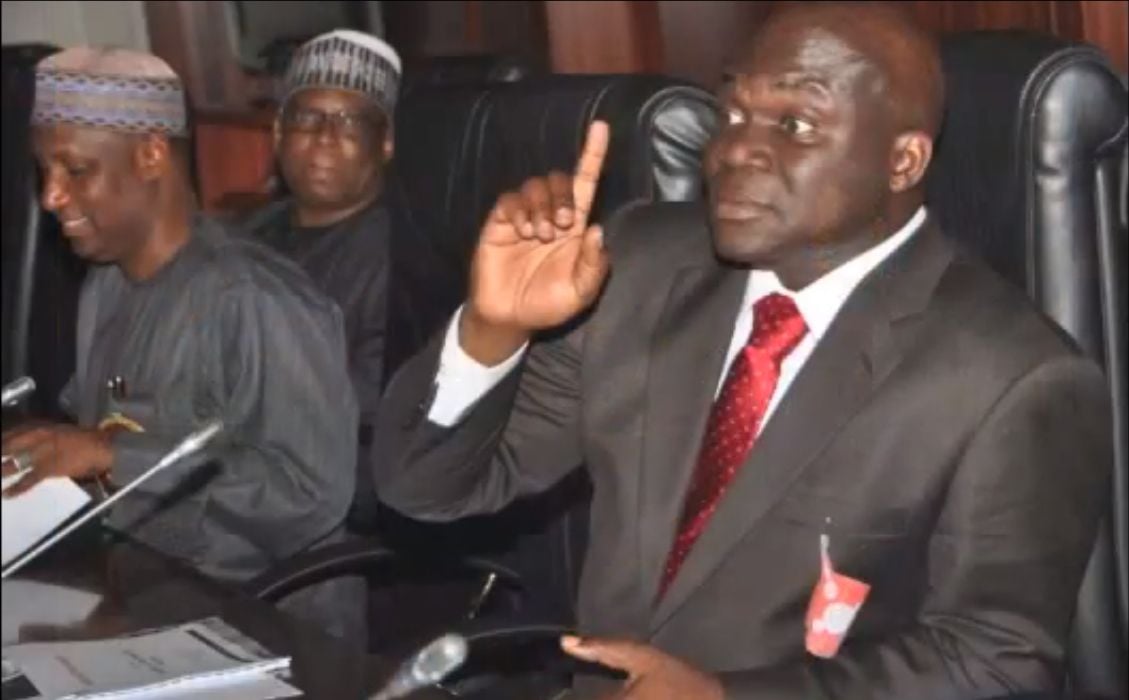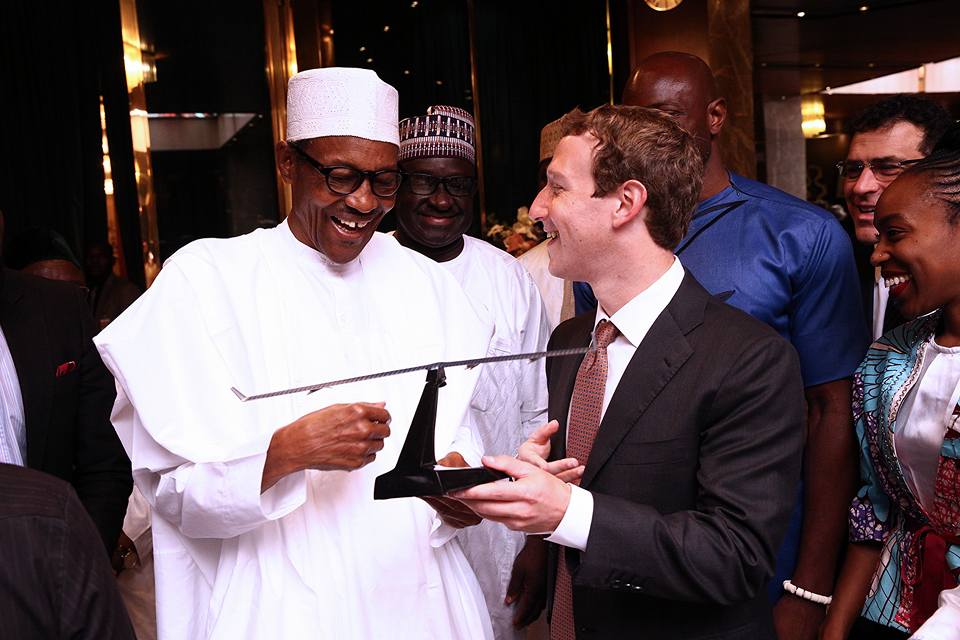Confirmed. The Nigerian economy is in recession, the first in decades. The official report by the National Bureau of Statistics is finally out, confirming what we suspected and expected all along. Many will hear the big word “recession” and ask: rece-gini? Economists define recession as two consecutive quarters of negative GDP growth. As a villager, I will define recession as when the all-important cows in our village ranch are getting leaner non-stop for six months. They are not robust anymore. That means less beef, less ponmo and less milk from the ranch. Water don pass garri. That is hunger and starvation for many villagers, in simplified English.
You don’t need to understand the graphs drawn by economists to know the meaning of recession. When was the last time your company employed more workers? If your goods or services are not in demand like before, you won’t employ more hands, would you? Instead, you would sack. If people are not buying your blocks and granite like before, why would you produce more? And why would people buy your sand and roofing sheets when they don’t have money? And how would people have money when — how do I put it — there is no money? Honey, we shrunk the cows! They are not producing milk like before. In fact, the cows themselves need milk.
There is an interesting argument out there between the supporters of the former and current village heads on who should be held responsible for the state of the ranch. Supporters of the ex-head said the cows were in rude health before the new man took over. They said it was in fact the biggest ranch in Africa. Supporters of the new head are saying although the cows looked healthy, the haystack, or hay reserve, was virtually empty, having been looted. They said some of the cows already had ketosis and are only showing symptoms of malnutrition under the new head. But many are asking why the new head did not treat the ketosis before it got out of hand.
I’m tired of the politicised arguments. Maybe we should just shut up and try to save the cows instead. And at this point, may we leave cows out of the picture and focus on the real meat of the discourse? I have read through several analyses on the economic crisis, and the resultant recession, by foreign and local experts, economists and non-economists, all and sundry. The sense I could make from them is that there are no short-cuts to recovery. There are bits of the crisis that are our own making, and there are bits that are beyond our control. However, there are no bits that were not foreseen long ago. The only problem is that we thought we were on top of the world.
Advertisement
Clearly, our failure to save for the rainy day as well as build a war chest of FX reserve has got us snookered. The freefall over the last 20 months has fully exposed our two destructive dependencies (1) oil exports for FX income (2) importation of goods and services. If we had bigger sources of FX or produce most of what we import, the naira would not be in coma. Oil income is the biggest financier of our economy, both directly and indirectly. So oil price crashes and FX inflow automatically plunges, and with inadequate FX reserves, the naira inevitably goes haywire — pumping up inflation, pulling down industries, destroying jobs and setting the economy ablaze.
The recession, by the way, is the result of the measurement of economic productivity over two quarters, from January to June 2016. It is a technical term. Even before the declaration of recession, our economy was in trouble. We may record positive GDP growth in the third quarter of 2016 and the word “recession” will disappear, but does that mean the trouble is over? Not at all. My thoughts today are, thus, more on the overall economic logjam than the recession. From all that I have read so far, I have distilled three possible recovery routes from the crisis. I call the first one The Miracle, the second one The Mayday and the third one The Marathon.
The Miracle route is very simple: oil jumps to $80 per barrel, the Avengers stop avenging and Nigeria’s export goes back to 2.2mbpd. I can assure you, we will be singing and dancing all day and all night. The impact will be instant. Imagine oil revenue going back to between $2bn and $4bn per month as it used to be. The Miracle is the easiest, the fastest and the laziest route out of the wilderness. It’s like hay falling from heaven for the starving cows. The Miracle will get us out of the recession quickly given the multiplier effects the massive injection of petrodollars will have on the economy. It will cure symptoms, but the structural disease will remain untouched.
Advertisement
In the absence of The Miracle, The Mayday can provide a lifesaver through massive FX inflow to settle urgent international trading obligations. It could be in form of loans or portfolio investments. It’s more of a stop-gap measure to ease the strain on the naira, stabilise prices and allow us to breathe again — temporarily. What we are currently chasing are development loans, the ones given by World Bank and bilateral agencies, but these are not designed to address the urgent FX problems hurting the economy. IMF is the place to get the “FX overdraft”. But the conditions can kill. Portfolio investors and their hot billions, meanwhile, remain unpredictable.
The Marathon is the long-term solution. We will build a water plant and grow grass across hundreds of acres to feed our cows — and also vaccinate the animals against killer infections. That is what the Buhari government is promising to do by focusing on restructuring the economy. The good news: if we are serious and consistent — and can endure the pains — we will have a self-sustaining and healthy ranch in the long run. The bad news: many cows may die in the short run. We want to stop importing hay, but we cannot plant grass today and get the feed tomorrow — especially as we did not make hay when the sun was shining. You can’t diversify government revenue base overnight.
What option do you prefer? The Miracle? I love miracles, trust me. But miracles can become a burden. When I sit in church and somebody is testifying that he did not read for an exam and still passed, I’m worried that this may become a model for some students. We’ve been through boom-bust cycles since 1973 and The Miracle has always come to our rescue, so it has become a recovery model for us. Deep inside of us, we still do not think oil prices will remain low for long. We think sooner or later, prices will rise again. We are just holding on, monitoring the news every second in search of The Miracle. And when The Miracle happens again, we instantly relapse to The Mess.
In Nigeria, let’s be honest, we don’t learn lessons. If we do, the country would not be in this horrible shape. We pretend to be sober when we are down, but as soon as there is some relief, our relapsing fever returns and we go back to riotous living. This economic hardship appears to be making us cut our coat according to our cloth. But is this for real? Even in these hard times, public resources are still being wasted. I recently heard of a government agency that sponsored 30 persons to accompany its acting chief executive to receive one funny Diaspora award. Each delegate got $4000 as PTA, in addition to $2000 per return ticket, in these austere times! Imagine when The Miracle returns!
Advertisement
I may not know the eventual route out of this economic crisis, but there is something I know very well: if we do not seize this opportunity to reform and restructure, we are going to hand over a dead country to our children and grandchildren. We are suffering from the consequences of what we failed to do yesterday, and by failing to sacrifice our today for a greater tomorrow, we will remain perpetually locked in this self-inflicted underdevelopment. With or without The Miracle, we need adjustment. It would be most tragic if this crisis goes to waste yet again. I don’t know of a better time to change our ways.
AND FOUR OTHER THINGS…
AIRPORT ECLIPSE
Murtala Muhammad International Airport, Lagos, had its own eclipse on the night of August 27. It lasted for hours. The darkness, caused by power failure, was so grim airlines had to board and disembark passengers with torchlight. This must rank as an all-time low for us. I have been patiently waiting for reports that somebody has resigned or has been fired over the monumental shame. At this rate, I might wait forever. Which means life goes on as usual. An idea however came to my mind: we may actually start earning forex by creating “airport eclipse” and attracting tourists to flock to Nigeria to watch the inglorious spectacle. Disgrace.
ABUBAKAR SHEKAUS
Advertisement
After claiming to have killed Boko Haram leader Abubakar Shekau at least four times — on one occasion comically asking to be paid the $7m bounty promised by the US — the Nigerian army will not let the matter die. Most recently, Shekau was declared “fatally wounded” (meaning he DIED from his wounds). “I can confirm to you that the original Shekau was killed, the second Shekau was killed, and the man presenting himself as Shekau, I can also confirm to you that few days ago, he was wounded. We are yet to confirm whether he is dead or not,” Major General Lucky Irabor said on Thursday. You know his title? Theatre Commander of Operation Lafiya Dole. Apt.
HOME SWEET HOME
Advertisement
The Abubakar Shekau drama aside, there is no doubt that the Nigerian military is recording tremendous success in the war against Boko Haram. So much so we are now thinking of returning millions of internally displaced persons to their homes. It is very easy not to feel the plight of the war victims until you put yourself in their shoes. Imagine being unable to return home after work — because of a riot in your neighbourhood. Imagine being dislocated as a result. This is much less than what these hapless Nigerians have been suffering for years. And to think some government officials have also been robbing them blind in their misery. Heart-breaking.
MARK OF PRIDE
Advertisement
It was fun having Facebook co-founder, Mark Zuckerberg, in Nigeria during the week. There was a lot of excitement about his eating jollof rice, walking on the streets of Yaba and jogging on Ikoyi bridge. What really caught my attention was the angry reactions by Nigerians to a cheesy Kenyan blogger who said Zuckerberg learnt more from his visit to Kenya than Nigeria. Nigerians united to tackle him. It rekindled my belief that we really love our country and will not allow it to be maligned by foreigners. It seems to me that our real anger with Nigeria stems from disappointed love. We are getting far less than what we deserve from this potentially great country. Frustration.
Advertisement







